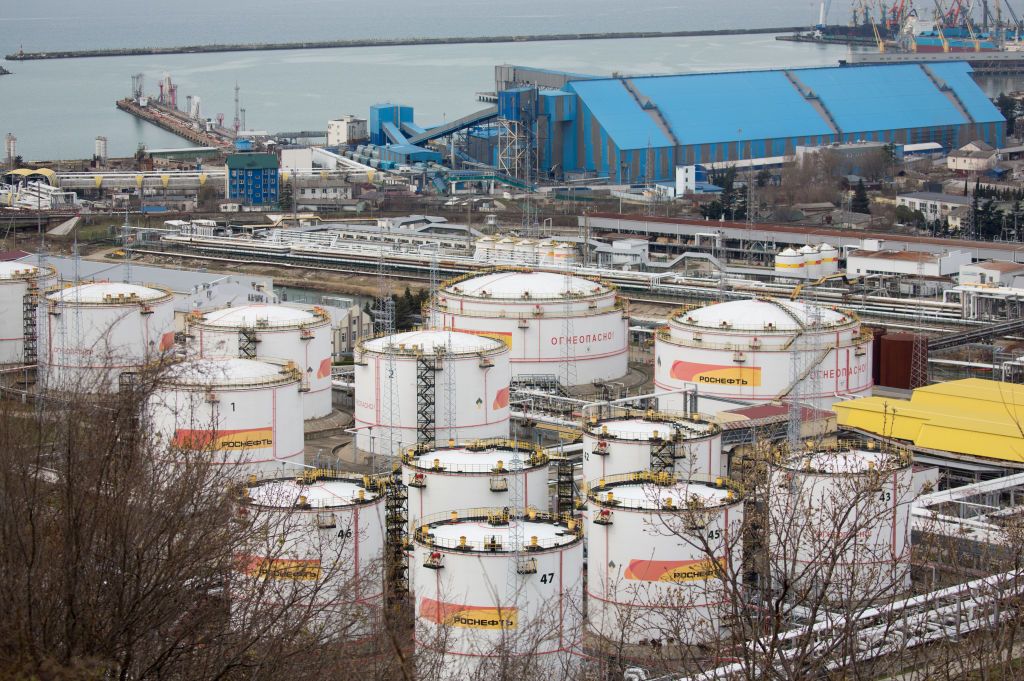UK imposes more sanctions on tankers moving Russian oil

London imposed sanctions on 11 more tankers that help Russia carry oil to third countries on July 18, the U.K. government announced.
This move comes a month after the U.K. placed the first sanctions on vessels in Russia's shadow fleet, which has been used to circumvent Western sanctions and continue trading Russian oil.
The vessels operating under flags of Gabon, Panama, and the Cook Islands were added to the sanctions list.
The U.K. plans to appeal to several European Union member states to act against the shadow fleet, Bloomberg reported on July 15, citing undisclosed sources and obtained documents.
The shadow fleet includes aging and largely uninsured oil tankers that Russia uses to transport oil above the $60 per barrel price cap that the EU, the U.S., and the Group of Seven (G7) countries imposed in December 2022 as part of the effort to cut Moscow's fossil fuels revenue.
Aiming at one of Russia's main sources of funds to finance its war, Ukraine has made a concerted effort to target the Russian oil industry with long-range drone strikes.
Bloomberg reported in March that the strikes have disrupted between 12-14% of Russia's oil refining capacity.
Strikes against Russian energy targets prompted criticism from U.S. officials in April. Washington said it does not support Ukraine's attacks on oil refineries, citing fears that it could threaten the global energy market.













